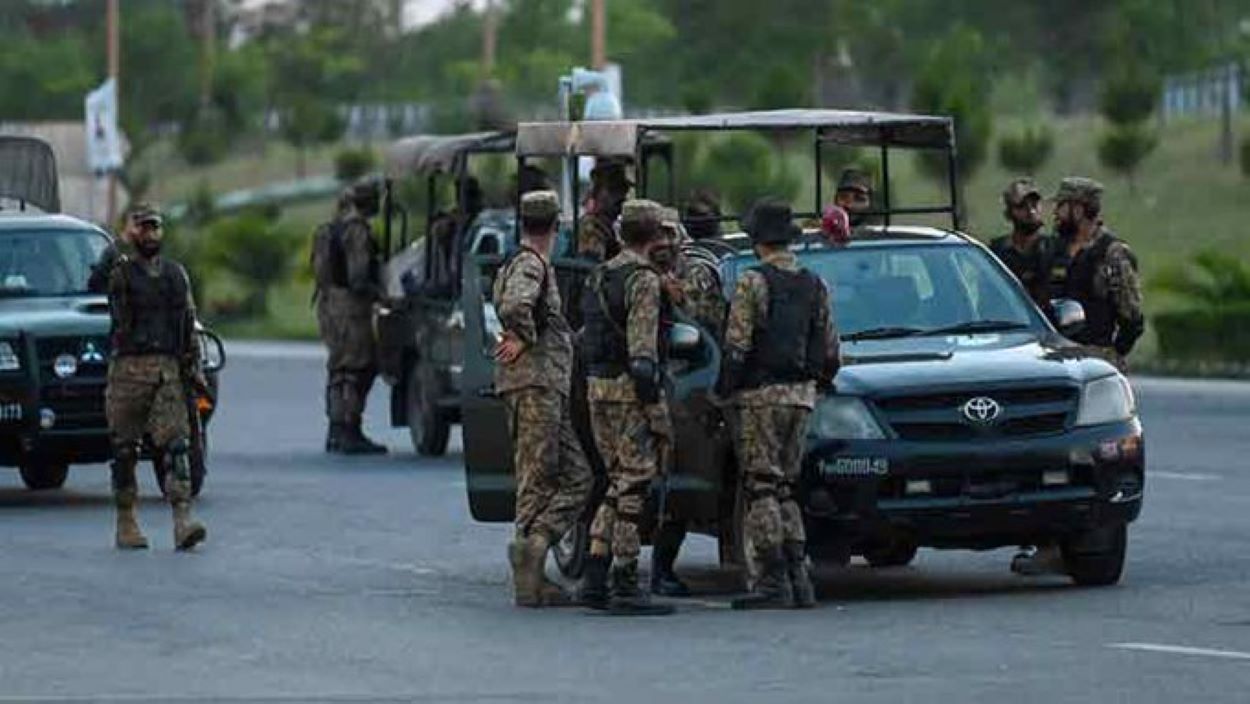Pakistan’s security forces killed 30 terrorists from an Indian-backed group attempting to infiltrate the Pak-Afghan border in North Waziristan, Khyber Pakhtunkhwa, per the Inter-Services Public Relations (ISPR).
On the nights of July 2 and 3, security forces detected a group of 30 khawarij from the Indian-sponsored Fitna al Khawarij in Hassan Khel, North Waziristan. The ISPR reported that all 30 were “sent to hell” through precise engagement, recovering significant weapons, explosives, and ammunition. The operation, praised for its “exceptional professionalism,” prevented a major attack, with the military urging Afghanistan to curb foreign proxies using its soil.
#ISPR
Rawalpindi, 4 July 2025
On night 1/2 and 2/3 July 2025, movement of a large group of khwarij, belonging to Indian Proxy Fitna al Khwarij, who were trying to infiltrate through #Pakistan–#Afghanistan border, was detected by the security forces in area of Hassan Khel, North… pic.twitter.com/2tywwPOgEW
— Pakistan Armed Forces News 🇵🇰 (@PakistanFauj) July 4, 2025Pakistan has faced increased terror attacks in Khyber Pakhtunkhwa and Balochistan since the Tehreek-i-Taliban Pakistan (TTP), labelled Fitna al Khawarij in 2024, ended its ceasefire in November 2022. A May 2025 PICSS report recorded 85 militant attacks, causing 113 deaths, including 52 security personnel. Recent operations, like the killing of two terrorists in Balochistan’s Duki district, reflect Pakistan’s intensified counter-terrorism efforts.
The ISPR’s claim of Indian sponsorship escalates tensions post the 2025 Pahalgam attack and Operation Sindoor, with Pakistan alleging external backing of TTP. Pakistan’s call for Afghan cooperation aligns with its push for regional stability, as seen in PM Sharif’s role in the Iran-Israel ceasefire.
The elimination of 30 terrorists in North Waziristan underscores Pakistan’s resolve to combat Indian-backed terrorism, protecting national security amid rising attacks. The operation, impacting Khyber Pakhtunkhwa’s volatile border, resonates with citizens and policymakers, fueling discussions on counter-terrorism and regional dynamics. With 1,500 terror-related deaths in 2024, per PICSS, Pakistan’s vigilance is critical.






